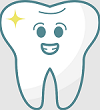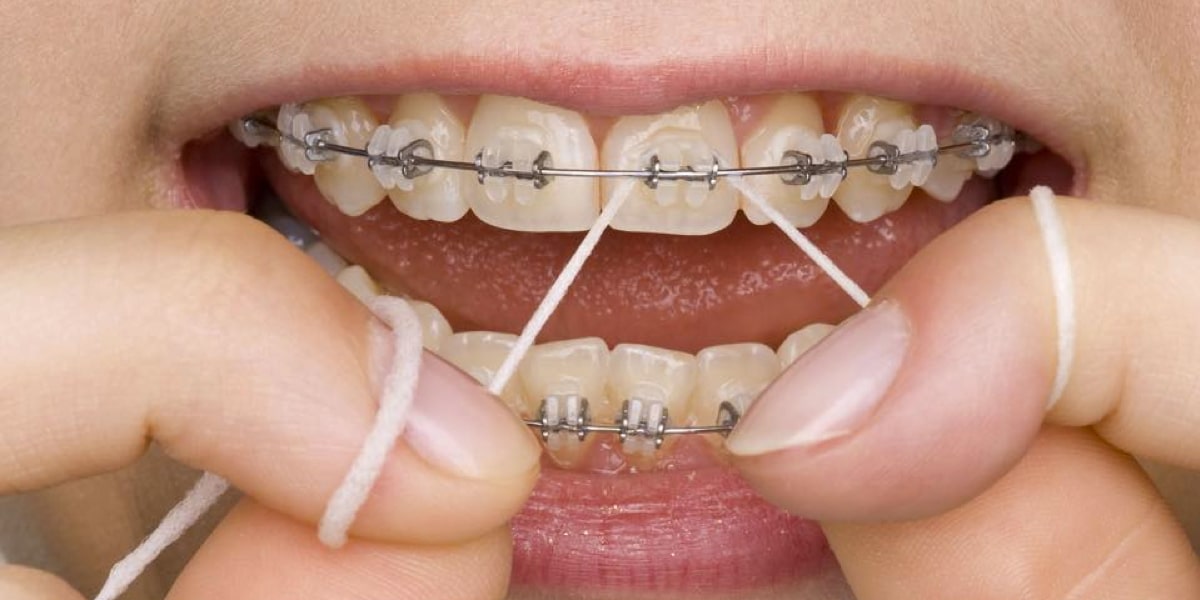Introduction
Braces are a common orthodontic treatment used to straighten teeth and correct bite issues. While braces can help achieve a beautiful smile, it is crucial to maintain good oral hygiene throughout the treatment process. Proper oral care is essential to prevent tooth decay, gum disease, and other dental problems that can arise when wearing braces. In this blog post, we will discuss the importance of oral hygiene when undergoing orthodontic treatment and provide helpful tips to keep your teeth healthy.
Importance of Oral Hygiene with Braces
When you have braces, maintaining good oral hygiene becomes even more crucial. Braces create small spaces where food particles and plaque can easily get trapped, leading to tooth decay, gum disease, and bad breath. Therefore, it is essential to follow a proper oral hygiene routine to keep your teeth healthy throughout your orthodontic treatment.
Brushing Techniques for Braces
Brushing your teeth with braces requires a slightly different technique. Start by using a soft-bristled toothbrush and fluoride toothpaste. Hold your brush at a 45-degree angle and gently brush in small circular motions. Pay extra attention to the areas around the brackets and wires, ensuring that you remove any food particles or plaque buildup.
Choosing the Right Toothbrush
Opt for a toothbrush with a small head and soft bristles. This will help you reach all the nooks and crannies around your braces more effectively. Electric toothbrushes can also be a great option as they provide thorough cleaning and are gentle on your gums.
Using Interdental Brushes
In addition to your regular toothbrush, consider using interdental brushes to clean between the brackets and wires. These small brushes can easily reach areas that are difficult to access with a regular toothbrush, ensuring a more comprehensive clean.
Flossing with Braces
Flossing is an essential part of oral hygiene, even with braces. However, traditional flossing can be challenging due to the wires. Luckily, there are specialized tools available to make flossing easier.
Using Orthodontic Floss Threaders
Orthodontic floss threaders are thin, flexible tools that help guide the floss under the wires. Thread the floss through the loop of the threader, then carefully maneuver it between each tooth and around the brackets. This allows you to effectively remove plaque and food particles from between your teeth.
Summary
Braces require extra attention to oral hygiene to ensure the health of your teeth and gums. The brackets and wires of braces create additional spaces for food particles and plaque to accumulate, increasing the risk of tooth decay and gum disease. To maintain good oral health while wearing braces, it is important to follow a diligent oral hygiene routine. This includes brushing your teeth after every meal, flossing daily, using interdental brushes or water flossers, and visiting your dentist regularly for check-ups and cle go anings. By taking proper care of your teeth during orthodontic treatment, you can achieve a beautiful, healthy smile once your braces are removed.
- Q: How do braces affect oral hygiene?
- A: Braces can make it more challenging to maintain good oral hygiene because they create additional spaces for food particles and plaque to accumulate.
- Q: How often should I brush my teeth with braces?
- A: It is recommended to brush your teeth at least three times a day with braces to ensure that you remove any food debris and plaque buildup.
- Q: What type of toothbrush should I use with braces?
- A: It is best to use a soft-bristle toothbrush or an orthodontic toothbrush specifically designed for braces to avoid damaging the brackets and wires.
- Q: Should I use any special toothpaste with braces?
- A: While not necessary, using a fluoride toothpaste can help strengthen your tooth enamel and prevent tooth decay during orthodontic treatment.
- Q: How should I floss with braces?
- A: Flossing with braces requires using a floss threader or orthodontic flosser to navigate between the wires and brackets. Regular flossing is essential to remove plaque and prevent gum disease.
- Q: Can I still eat sticky or hard foods with braces?
- A: It is best to avoid sticky or hard foods that can damage your braces, such as chewing gum, caramel, or popcorn. Stick to a braces-friendly diet to prevent any complications.
- Q: How often should I visit my orthodontist for check-ups?
- A: Regular check-ups with your orthodontist are crucial during braces treatment. Typically, appointments are scheduled every 4-8 weeks to monitor progress and make necessary adjustments.
- Q: What should I do if a bracket or wire becomes loose?
- A: If a bracket or wire becomes loose, contact your orthodontist immediately for guidance. They will advise you on whether it requires an emergency visit or if it can wait until your next scheduled appointment.

Welcome to my website! My name is Daniel Flood, and I am a dedicated professional Dental Technician with a passion for promoting optimal oral health and providing valuable information on dental care. With years of experience in the field, I am excited to share my knowledge and expertise with you.



